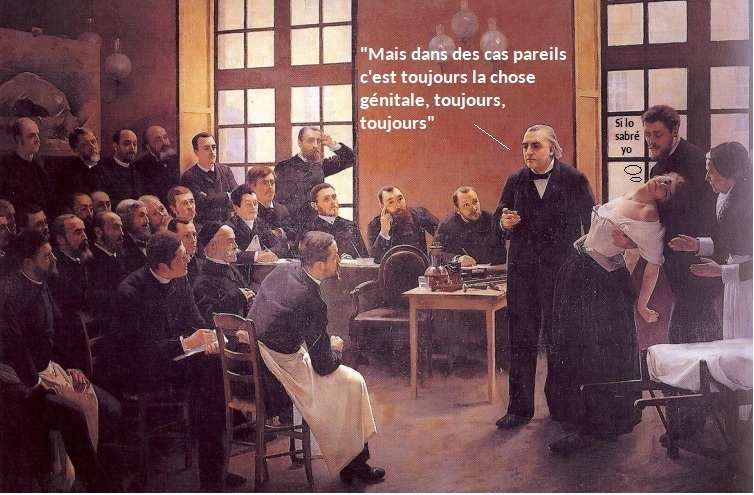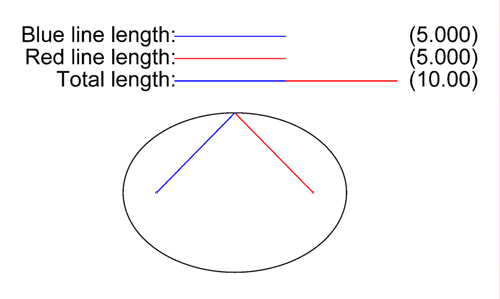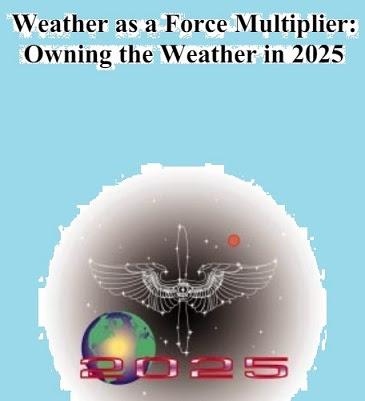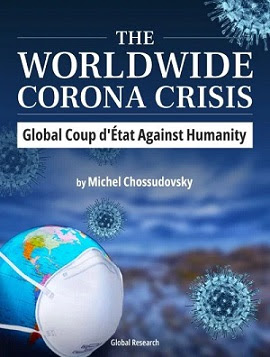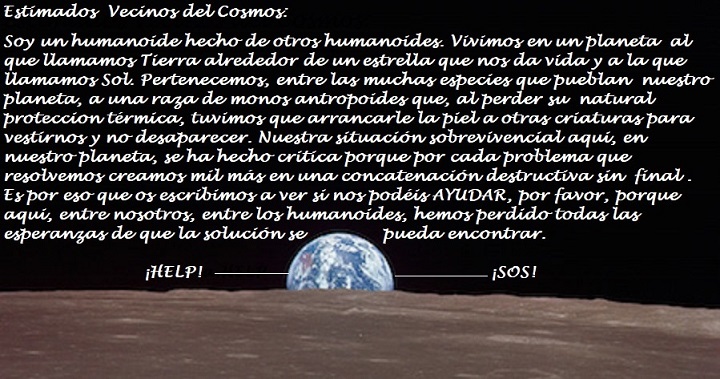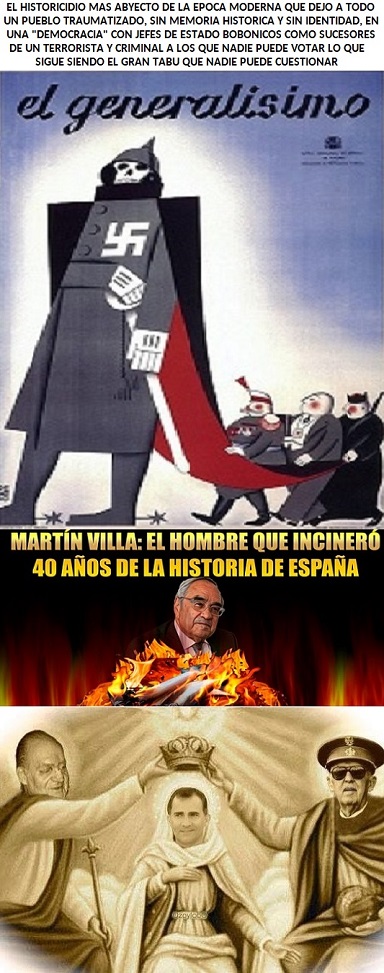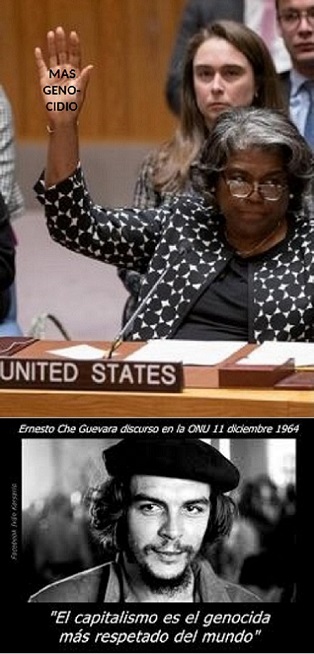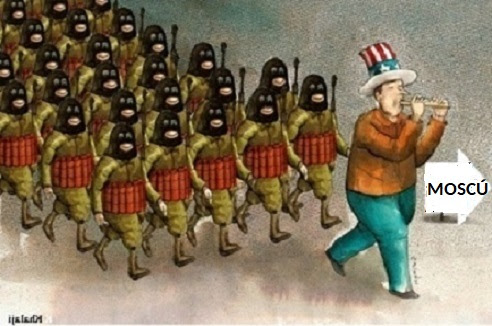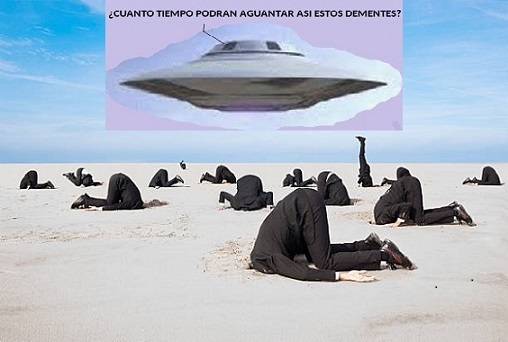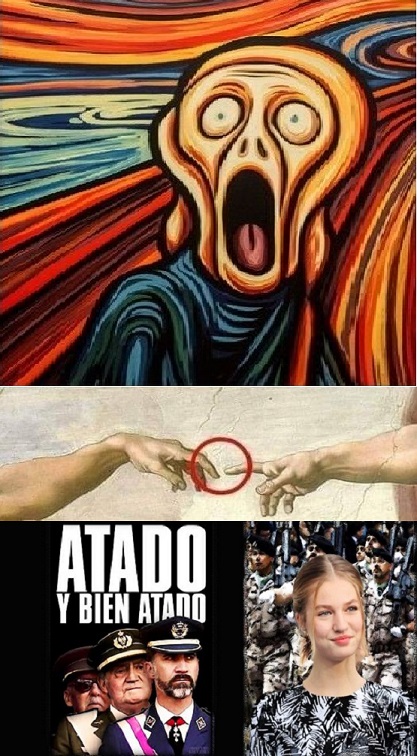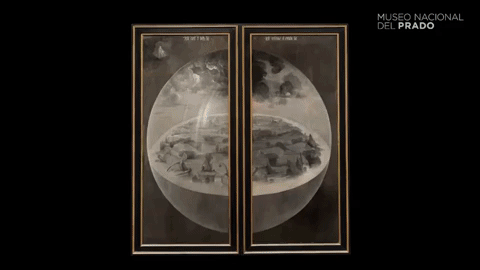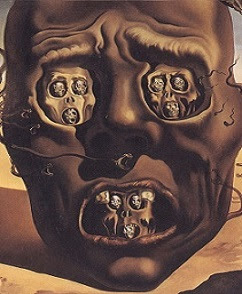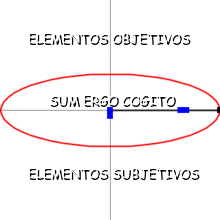http://www.sott.net/articles/show/198717-Obama-s-Rejection-Speech
From The Positive Utopias To The Negative Utopias
By: manuel cidoncha-hinestrosa
First, thanks for your ‘welcome’.
Second, due to the importance of the theme, I would like to extend my earlier comment of “Super Orwellian Times” by quoting Erich Fromm more extensible about the interesting historical paradox of ‘positive’ and ‘negative’ utopias.
“It is precisely the significance of Orwell’s book that it expresses the new mood of hopelessness which pervades our age before this mood has become manifest and taken hold of the consciousness of people.
Orwell is not alone in this endeavor. Two other writers, the Russian Zamyatin in his book ‘We’, and Aldous Huxley in his ‘New Brave World’, have expressed the mood of the present, and a warning for the future, in ways very similar to Orwell’s “1984”. This new trilogy of what may be called the ‘negative utopias’ of the middle of the twentieth century is the counterpoint to the trilogy of the ‘positive utopias’ mentioned before (T. More’s, 'Utopia'; Campanella's, 'City of the Sun'; and E. Bellamy's, 'Looking Backward'), written in the sixteenth and seventeenth centuries. It should be added that J. London's, 'The Iron Heel', the prediction of fascism in USA, is the earliest of modern 'negative utopias' .
The 'negative utopias' express the mood of powerlessness and hopelessness of modern man just as the early utopias expressed the mood of self-confidence and hope of the medieval man. There could be nothing more paradoxical in historical terms than this change: man, at the beginning of the industrial age, when in reality he did not possess the means for a world in which the table was set for all who wanted to eat, when he lived in a world in which there were economic reasons for slavery, war, and exploitation, in which man only sensed the possibilities of his new science and of its application to technique and to production, nevertheless man at the beginning of modern development was full of hope. Four hundred years later, when all these hopes are realizable, when man can produce enough for everybody, when war has become unnecessary because technical progress can give any country more wealth than can territorial conquest, when this globe is in the process of becoming as unified as a continent was four hundred years ago, at the very moment when man is on the verge of realizing his hope, he begins to lose it.
It is the essential point of all the three negative utopias not only to describe the future toward which we are moving, but also to explain this historical paradox."
In summary, in the genesis of the development of natural sciences is thought that mankind's problems could be solved, but when industrial progress began to expand its borders soon found that the expansion of capital does not imply the achievement of these goals and promises because, in fact, was not directed towards a betterment of life, but towards an increase of profits at whatever cost, as Marx, in his work of “Primitive Accumulation of Capital”, wrote:
"Capital is -said by a Quarterly Reviewer- to fly turbulence and strife, and to be timid, which is very true; but this is very incompletely stating the question. Capital eschews no profit, or very small profit, just as Nature was formerly said to abhor a vacuum. With adequate profit, capital is very bold. A certain 10 per cent. will ensure its employment anywhere; 20 per cent. certain will produce eagerness; 50 per cent., positive audacity; 100 per cent. will make it ready to trample on all human laws; and at 300 per cent., there is not a crime at which it will scruple, nor a risk it will not run, even to the chance of its owner being hanged. If turbulence and strife will bring a profit, it will freely encourage both. Smuggling and the slave-trade have amply proved all that is here stated." (P. J. Dunning, l. c., p. 35.)”
Now: if for 300% of profits the investors of capital will not stop in front of any crime, “even to the chance of its owner being hanged”, we can easily understand, today, why they prefer to hang the planet rather than to lose a good deal, we can easily understand the oppressed, dehumanized, Orwellian and in turmoil world that is in front of our mind and our perplex senses when the dictatorship of capitalism, now days, in its imperialistic ‘globalization’, is stealing and plundering at the rate of profits and surplus-values hundred of times bigger than such 300%.
And here is based, with all subsequent, destructive and Orwellian consequences, the epicenter which clarifies all reasons to explain the passage
from the 'positive' to 'negative utopia',
from Thomas More,
Campanella
and Edward Bellamy,
to Orwell,
Huxley,
Zamyatin
and Jack London;
to explain the passage
from Hope to Aggression,
from PEACE to WAR,
from FREEDOM to SLAVERY,
from STRENGHT to IGNORANCE
Added: Sat, 12 Dec 2009 04:06 EST
.......................................
Correction:
Thomas More wrote his 'Utopia' in 1516, s. XVI
Tommaso Campanella wrote his 'City of the Sun' in 1602, s. XVII
Edward Bellamy wrote his 'Looking Backward' in 1808, s. XIX

















































































































































































































